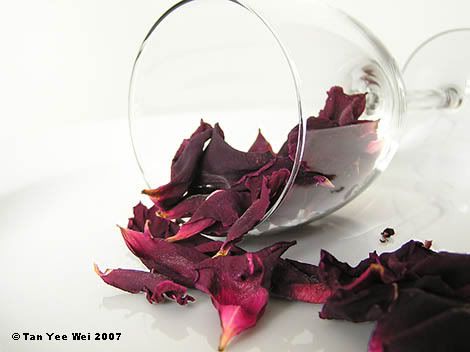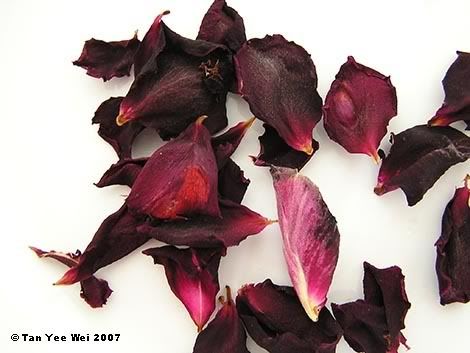The One

The Auditor mentioned that an acquaintance of hers had found The One and would be getting married early next month. This proclamation was not unaccompanied by a small measure of wistfulness.
So what might it be like finding The One? While I cannot comment with the benefit of first-hand knowledge, exaggerated remarks can be made from various observations.
The observable universe contracts. From all directions, the horizon rushes forward as distant mountains and clouds sequentially wink out of sight. Eta-Carina no longer becomes a concern, while the Riemann Hypothesis, global warming, the Middle East conflict, corruption and a host of other nitty-gritty everyday issues disappear with a condescending flick of the hand.
Two entities merge in a strange superposition of emotional states. A witty t-shirt summarises this phenomenon in a flippantly simple statement, “when you are single, you are exactly as happy as you are; when you are in a relationship, you are as happy as the least happy person in the relationship.”
In parallel to these changes, the psyche reallocates its priorities. Where attention was distributed over a multitude of issues, the emotional resources are now concentrated on The One, and the relationship with The One.
The result- an emotional state that is almost apathetic to everything, and heavily dependent on The One. The opinion of others, the state of the economy, the weather and the Darfur crisis will not affect the emotional state of the individual. However, anything to do with The One will cause substantial swings in the happiness of the individual.

This concentration of emotional resources in one item (in this case, The One) is nothing short of putting all of one’s proverbial eggs in one carrying vessel. Economists advice investors to diversify their portfolios; doesn’t that principle of volatility minimisation apply here?
It could well be that The One is deemed best to carry our emotional and reproductive eggs, thus compelling us to put all our eggs in one basket. It also gives the illusion of having a good chance at managing one’s happiness. After all, if the relationship with The One is going favourably, then the individual would be happy. Instead of trying to solve the Riemann hypothesis and bring peace to the Middle East, one merely needs to ensure the relationship is a delightful one, and the pair will be happy.
The answer is, no, the principle of volatility minimisation does not apply here. The individual is willing to allow additional happiness volatility, in exchange for what is hoped to be a higher level of overall happiness.
Labels: compositions, personal

<< Home